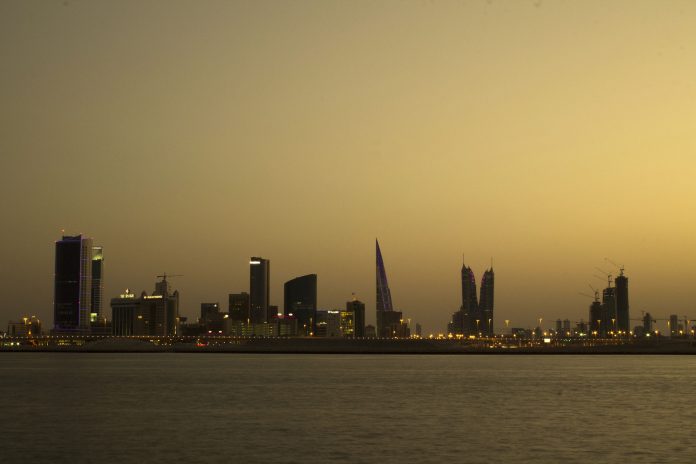After taking steps to block tax avoidance by companies, the governments of the United Arab Emirates and Bahrain said their countries will be removed from the European Union’s tax-haven blacklist.
EU finance ministers included the UAE and Bahrain on a new blacklist of 17 jurisdictions deemed to be tax havens. Inclusion on the list could affect billions of dollars of capital flows through both countries, which are Middle Eastern banking centres.
As reported by the Reuters news agency, both the UAE and Bahrain said they did not deserve to be on the list because they had already taken many steps to exchange financial information with other countries. But they pledged to do more to satisfy the EU.
“We have committed to a reform process which will be finalised by October 2018, and we are absolutely confident this will ensure the UAE is swiftly removed from the list,” the UAE said.
It said its only outstanding issue with the EU was implementing the BEPS Minimum Standard. BEPS is a set of policies to tackle tax avoidance strategies that allow multinational companies to shift profits artificially to low or no-tax locations.
The UAE will finalise implementation of BEPS by October 2018 and ratifying it by March 2019, a schedule which would give the country’s federal structure enough time to ratify the measure across all seven emirates, the government said.
“We stand by this realistic timeline,” it said, adding that it was confident of being recognized as an internationally compliant tax jurisdiction at the EU’s next review.
As for Bahrain, its government said its national assembly had begun the process of approving agreements that would allow it to collect information from its financial institutions and automatically exchange it every year with other countries.
“Bahrain will initiate dialogue with the EU on this matter, to ensure understanding and recognition of the Kingdom’s efforts to ensure financial transparency, international cooperation and a robust regulatory environment,” it said.

